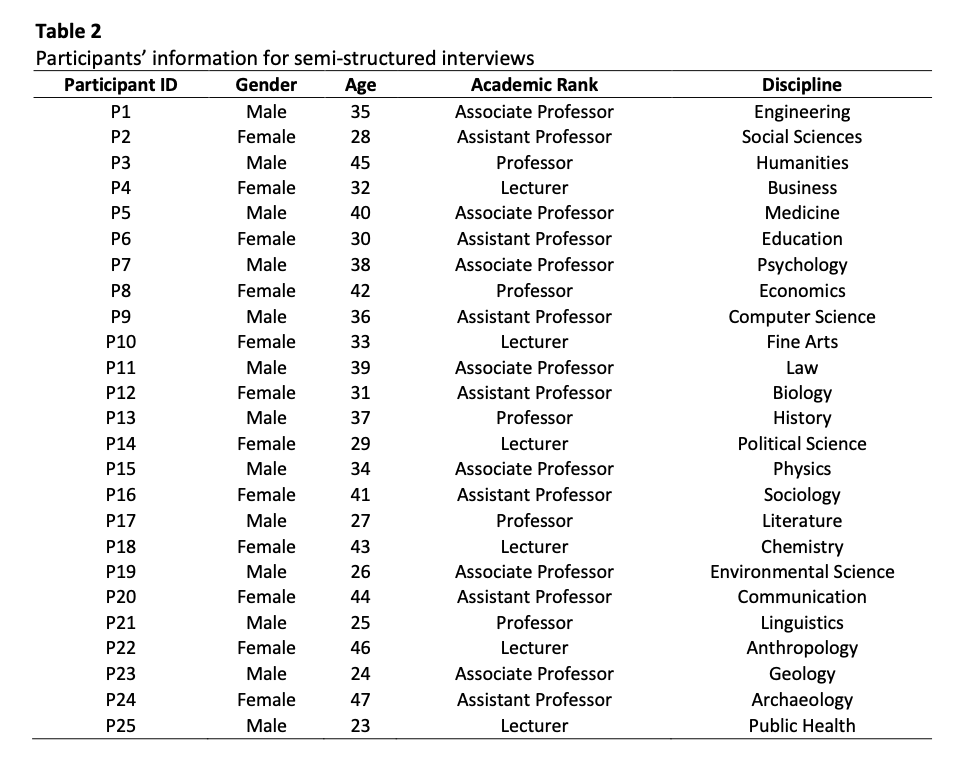Mitigating Brain Drain through Improved Job Satisfaction: A Case Study of Universities in Yemen
DOI:
https://doi.org/10.37934/arbms.40.1.113Keywords:
Brain drain, job satisfaction, job security, Yemeni universities, migration intentionsAbstract
Brain drain in higher education poses a critical challenge for Yemen, where the migration of qualified faculty undermines academic development and national progress. This study aims to examine the role of job satisfaction in mitigating brain drain by focusing on faculty retention strategies in Yemeni universities. A mixed-method design was employed, combining qualitative interviews and focus groups with quantitative surveys to capture faculty members’ perceptions of job satisfaction and migration intentions. The findings reveal significant relationships between job satisfaction and factors such as compensation, supervision, communication, and security. Results indicate that inadequate pay, limited support, and weak communication structures increase the likelihood of faculty considering migration, while adequate supervision and improved security perceptions strengthen retention. The study highlights the necessity of targeted interventions to enhance job satisfaction, thereby contributing to improved faculty retention and providing evidence-based insights for higher education policymakers in Yemen.

















